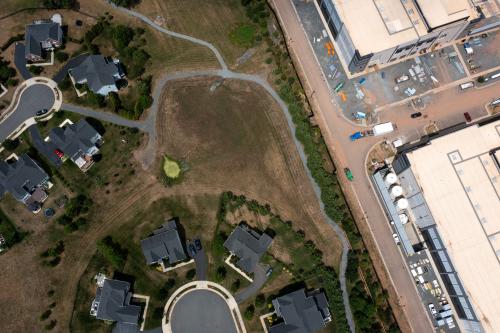ABSTRACT
The public “airwaves,” or the radio spectrum, are a tremendously valuable asset that remains partially untapped by entrepreneurs and users. Over the past twenty-five years, the explosion of the cellular industry and wireless technology more generally has placed a premium on access to spectrum. Nonetheless, our spectrum policy has failed to facilitate an optimal and efficient use of this important resource—meaning that spectrum is often left unused at the same time that there is a great demand for access to it.
This paper sets forth a new direction for spectrum policy reform. At the broadest level, it calls on policymakers to judge the Federal Communications Commission’s (FCC’s) success by whether it can spur the more efficient use of spectrum. To advance this objective, this paper highlights the importance of measuring how spectrum is being used, identifying blocks of unused spectrum, and encouraging greater leasing arrangements to gain access to otherwise unused or underused blocks of spectrum. In particular, it calls on the FCC to begin measuring the use or disuse of spectrum, to establish an accessible database that profiles all spectrum licensees, to encourage greater amounts of spectrum leasing, and to invite the public to evaluate which spectrum licenses are not being used. In short, this set of initiatives would address the current policy failure to hold licensees accountable for their failure to use licensed spectrum and create incentives for licensees to lease unused or underused spectrum.
This paper also calls for regulatory reform to catalyze more efficient uses of spectrum by providing greater flexibility to spectrum license holders than what is allowed under today’s antiquated regulatory regime. Under current regulations, restrictions on how license holders can use spectrum often delays or prevents firms from developing or deploying innovative wireless technologies. To change this dynamic, the paper outlines two directions for reform. First, it sets out a conceptual framework for enabling spectrum now dedicated to UHF TV broadcasting to be transferred to uses that are more valuable (e.g., wireless broadband). Second, it explains how the FCC should be reformed to oversee spectrum use through an increased emphasis on after-the-fact oversight (i.e., monitoring how the radio spectrum is used in practice) as opposed to its legacy of closely prescribed before-the-fact rules.
The Brookings Institution is committed to quality, independence, and impact.
We are supported by a diverse array of funders. In line with our values and policies, each Brookings publication represents the sole views of its author(s).

